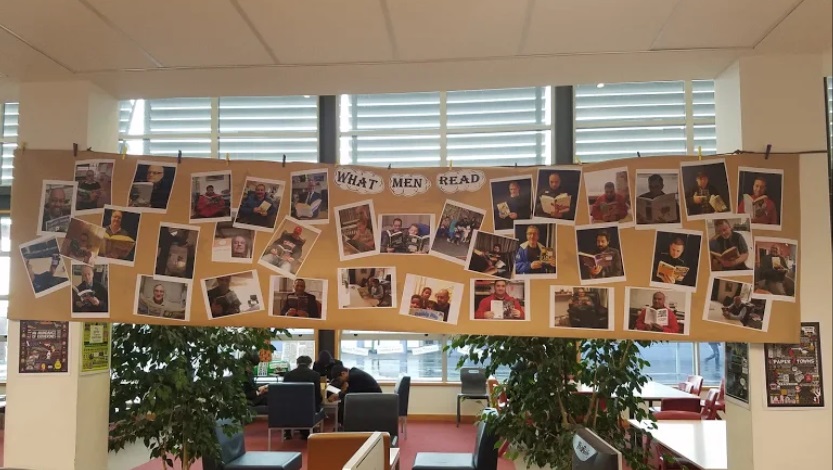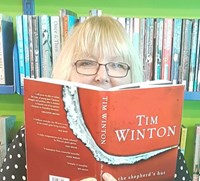Issue 111
Term 4 2019
Making connections online
Clare Forrest, Library Manager at Raroa Normal Intermediate in Wellington, writes about the active, passionate SLANZA community.
SLANZA (School Library Association of New Zealand Aotearoa) has, for several years, facilitated an online school librarian discussion group in a Google+ Community. It has been a positive and private place to share ideas, debate issues and show off the amazing things school librarians can achieve. With each topic, spread out over a couple of weeks, we provide some reading material and pose a series of questions. Here are some of the many topics we have explored together as a community.
Virtual library tours
A popular topic was a call to show off our libraries by taking people on virtual library tours. There’s something about ‘visiting’ other libraries that is very satisfying, probably because we don’t often get the chance to do it for real. It satisfies our need to experience our colleagues’ joy in what they do — not to mention giving us an opportunity to steal some of their ideas!
Advocacy toolkit
School librarians in Aotearoa, even those well qualified and experienced, are often not remunerated well. We ran a discussion to collaborate and compile a database of skills, roles and responsibilities that could be used as an advocacy toolkit for our positions within our school communities, and to assist the NZEI union to address a claim for pay equity for all support staff.
Self-censorship and the school library
School librarians hold varying views on censorship in libraries. There had been some passionate discussion on the schoollib listserv already, so it seemed pertinent to expand on this on our SLANZA platform. We looked at questions like: Who are the people making decisions about what goes in our school libraries? Who and what are they thinking about when they make these decisions? Are these decisions able to be reviewed and challenged? We also explored what Ranganathan’s Five laws of library science
(en.wikipedia.org/wiki/Five_laws_of_library_science) mean to us. This discussion certainly challenged many of us to look at our practices and biases.
Things we don’t need to do
One of the great joys of working in a school library is that no two days are ever the same. But its challenging nature, and the passion we have for doing it to the best of our abilities, means we are busy people!
Inspired by Steph Ellis’s workshop at the 2017 SLANZA Conference, we had a discussion around the things we do, don’t do, need to do, want to do, have always done, and are maybe not sure why we do.
Here is the list of things that Steph Ellis chose no longer to do in her school library: books at the front of shelf; accession book; vertical file; shelve books (student librarians do this); mend books (students don’t like books in bad condition); genre stickers; display rules; buy non-fiction for curriculum (tends to be for recreational reading); write inside new books; stamp new books with school name on bar code; chase overdues (can create a negative relationship with the library); cover ISBNs; put call numbers on fiction (secondary school student librarians didn’t notice); use security; or give orientation lessons.
Fun ideas in the library
We often ask our fellow librarians to share some of the cool things they have had success with, such as displays, games, book weeks and events.

‘What men read’ display: Kelston Boys High School
For this display, I asked our male teachers to email me a photo or selfie from the preceding school holidays. Of course, I had to get some in and take their photo with the last book they read from our library.
– Karen Leahy, Library Manager
It’s always interesting to see what inspires our colleagues, and it’s always useful to be able to adapt what others are doing to our own situations. Especially in primary schools, many school librarians in New Zealand work on their own, and the opportunity that SLANZA provides for us to network and reinforce that we are on the right track is invaluable.
Image credits
Images supplied by Clare Forrest
